LATEST NEWS


The fight for farm worker overtime is going down to the wire in the current legislative session, which will adjourn at the end of August. And as Assembly Bill 1066, which would require it, moves through the legislature, Jewish and African-American organizations have made a commitment to win the votes it needs for passage.
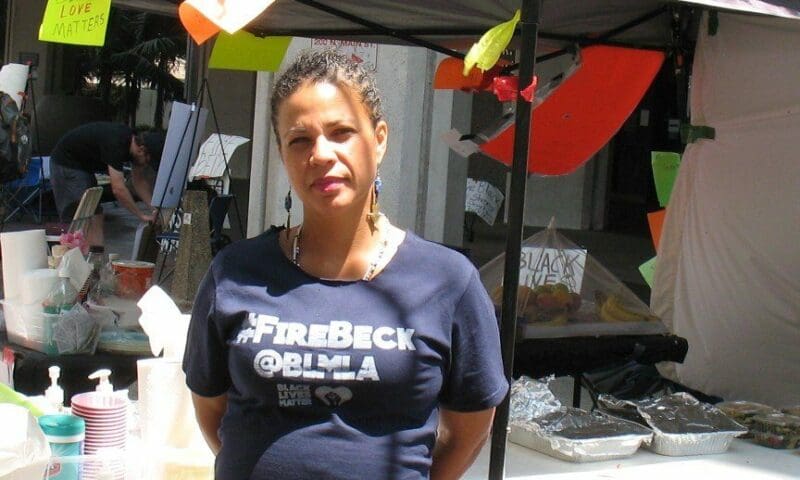

This past Saturday marked the 26th day of a City Hall sit-in by activists from Black Lives Matter Los Angeles, a protest that shows no signs of ending any time soon. The group vows to stay encamped in front of the James K. Hahn annex until Mayor Eric Garcetti fires Los Angeles Police Department Chief Charlie Beck or Beck resigns.


Over 300,000 California housekeepers, nannies and personal attendants provide support and care to seniors and people with disabilities, putting in long hours caring for an estimated two million households.


In April, when Iowa governor Terry Branstad handed over the state’s Medicaid program to private insurance companies, many questioned his motives. Recent large-scale transitions to privatized Medicaid in states like Florida and Kansas haven’t fared well.
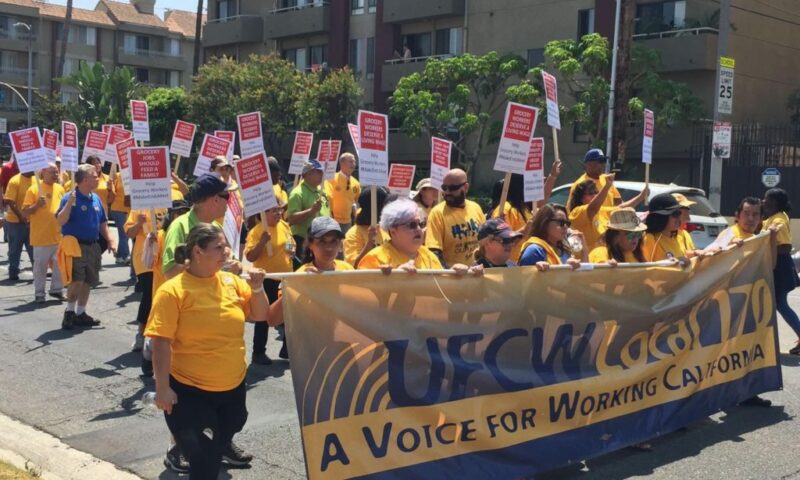

Southern California grocery union officials delivered good news for the 47,000 rank-and-file members who as recently as Tuesday had been bracing for a strike over stalled contract talks.


As long as I can remember, there’s been an argument over policing in the black community. Do police patrol more intensely because the crime rate is higher there, or do higher crime statistics result from heightened levels of policing?


Residents of Montclair, New Jersey are growing concerned about the impact a proposed charter school would have on the town’s public school district.
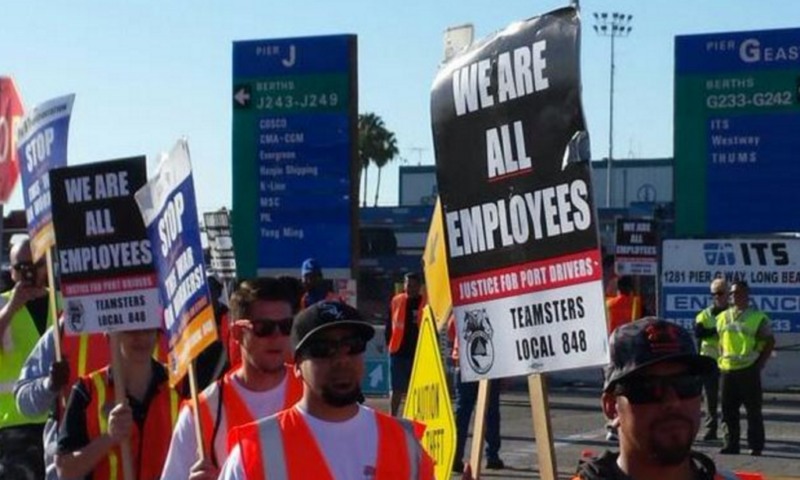
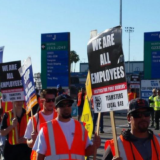
What if millions of American workers were being denied health insurance, job security and the most basic legal protections, from overtime pay to workers compensation to the right to join a union?
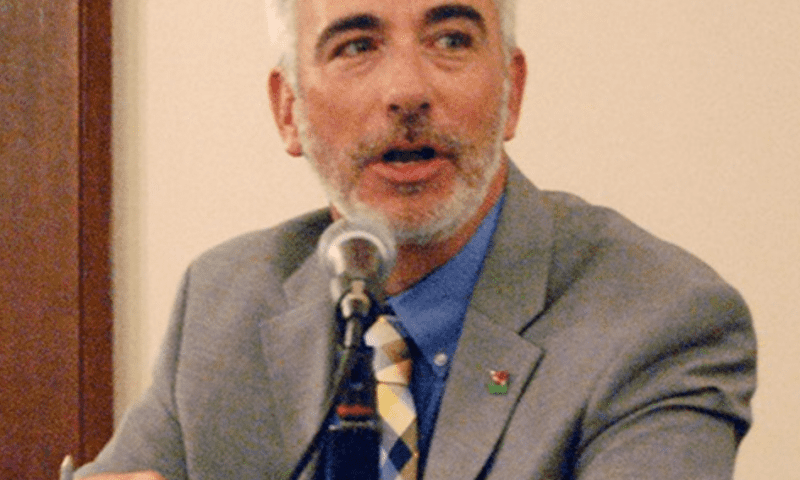

“What’s Next After $15?” a forum recently held by the American Civil Liberties Union’s Pasadena chapter, brought together community organizers and antipoverty activists to discuss the challenges now faced by the City of Roses to implement its new living wage law.


Obama-ology, written by Aurin Squire, takes place in 2008 and revolves around a youthful volunteer for the Obama campaign and the life education he receives from his senior colleagues and the folks in the community where he’s working.


Sometimes knowing where someone stands on an issue is pretty straightforward. We can be sure about this: the private prison industry doesn’t share our goal of ending mass incarceration.


Paul Tullis on the Trump Organization’s latest battle with employees at its Las Vegas resort hotel.


Jamie Dimon, CEO of JPMorgan Chase, knows something about pay increases. Last year, JPMorgan Chase’s board gave Dimon a 35 percent pay increase, from $20 million to $27 million, even though the bank’s profits fell two percent and it laid off 6,671 employees.


Bill Raden reports how Big Oil is trying to scuttle California’s program to reduce greenhouse gases.


California’s deserts are blooming with windmills and solar farms and, according to a new University of California, Berkeley report, these large-scale projects are creating top quality jobs.


Activists wanting to solve the crisis of human-caused climate change face a serious dilemma. The threat appears neither close enough to get our sustained attention, nor distant enough to postpone doing something about it now.


Transportation is the backbone of a thriving and sustainable economy. Therefore, a public transit system should be judged by how it treats those that need it most, especially people with disabilities and our most marginalized communities.
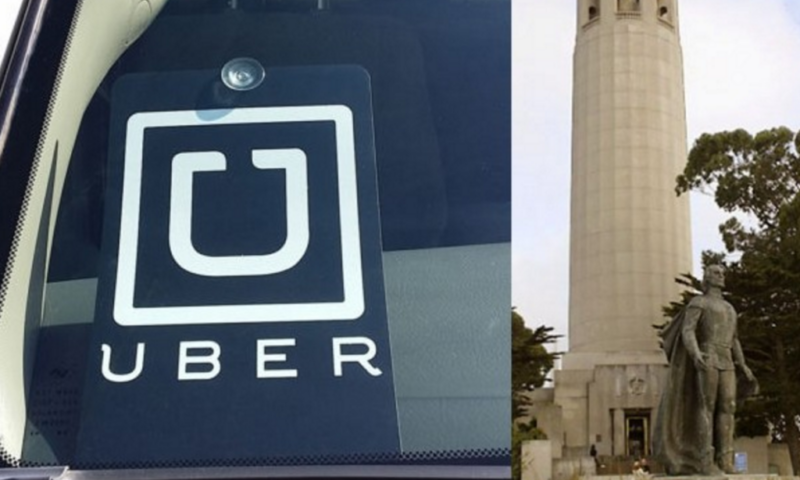

Co-published by Fast Company
It’s not easy being nobody, especially when you used to be somebody. But times are tough; jobs are scarce. When you’re falling straight down the financial cliff face, you reach out to grab hold of anything available to stop your descent and there, just before you land in a homeless shelter or move in with your sister, is Uber.


A sober New York Times headline last weekend described what many assume has been a dramatic change in fortune for Black Lives Matter, the de facto civil rights movement of the day. “Black Lives Matter Was Gaining Ground,” it read. “Then a Sniper Opened Fire.”
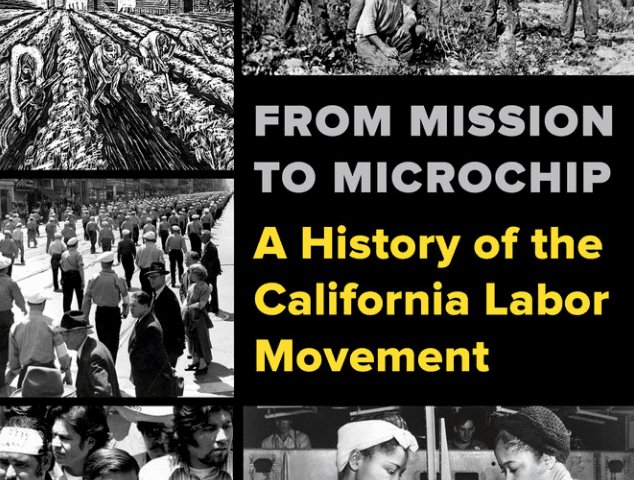
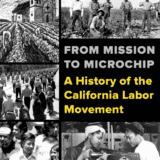
“My impulse was to bring history up to the present,” says Fred Glass about his new book, From Mission to Microchip: A History of the California Labor Movement.